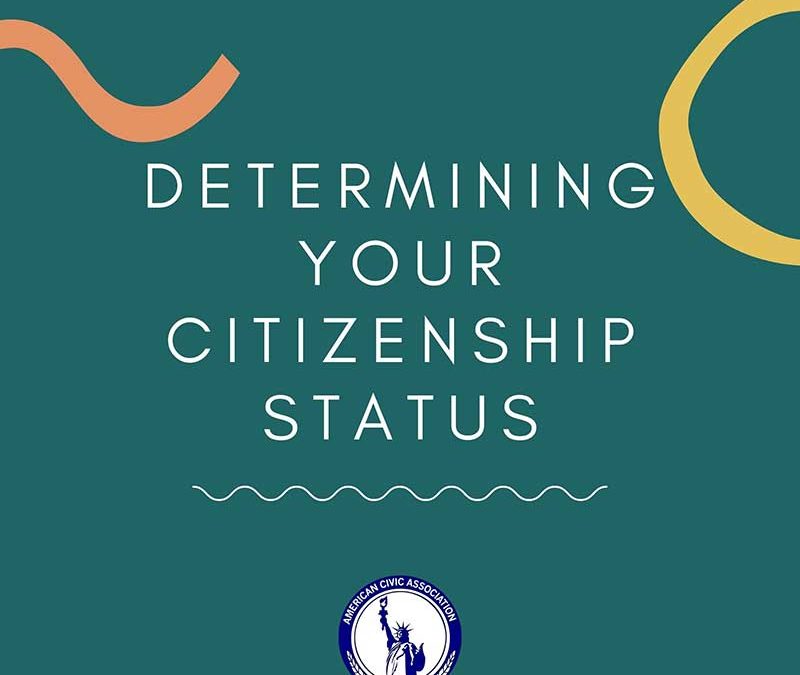Knowing one’s citizenship status is especially important during these times of immigration conflict. Citizens of the United States (U.S.) share all the rights and responsibilities outlined in the law, which gives them many more opportunities to act in society than non-citizens.
There are 3 ways to obtain citizenship: at birth (born in the U.S. or acquired from citizen parents), derivation of citizenship, and naturalization.
Someone who is a U.S. citizen by birth means that the individual was either born on U.S. territory or born to U.S. citizens (one or both parents). This birthright is detailed in the Fourteenth Amendment of the U.S. Constitution. Being a citizen by birth also applies to children who are born abroad to U.S. citizen parents.
Derivation of citizenship applies to children whose parents have completed the naturalization process. In order for a child residing in the U.S. to obtain derived citizenship, he/she must be under the age of 18 at the time of parent’s naturalization, a lawful permanent resident, as well as within physical and legal custody of the naturalizing parent. Children under 18 years of age residing outside of the U.S. may also qualify for citizenship if at least one parent is a citizen, parent or grandparent meets U.S. physical presence requirements, he/she is residing outside of the U.S. in the legal and physical custody of the U.S. citizen parent, and he/she is lawfully admitted, physically present, and maintaining a lawful status in the U.S. at the time of application approval and naturalization (U.S. Citizenship and Immigration Services).
The naturalization application (N-400) is intended for foreign citizens to gain U.S. citizenship and consists of a multiple-part process. An individual applying must:
- Be 18 years of age
- Be a legal permanent resident (LPR)
- Have 5 years of continuous residence since becoming a LPR (3 years if married to U.S. citizen)
- Be physically present for 5 years since LPR (3 if married to U.S. citizen)
- Be able to show Good Moral Character
- Have resided in a jurisdiction where applying for 90 days
- Must meet English language and civic requirements
- Must show attachment to the U.S. Constitution
After the initial application, there will be a biometrics stage, an interview, and an Oath of Allegiance. Only after the Oath of Allegiance are individuals officially U.S. Citizens.
While determining one’s citizenship status may seem straightforward, complications may occur when having to take into account the policy in place at the time of birth. Therefore, individuals who are not certain of their citizenship status should contact an immigration lawyer prior to speaking to any immigration officers.
https://www.uscis.gov/us-citizenship/citizenship-through-parents for more information on derived citizenship
https://www.uscis.gov/n-400 for more information of the naturalization (N-400) application


